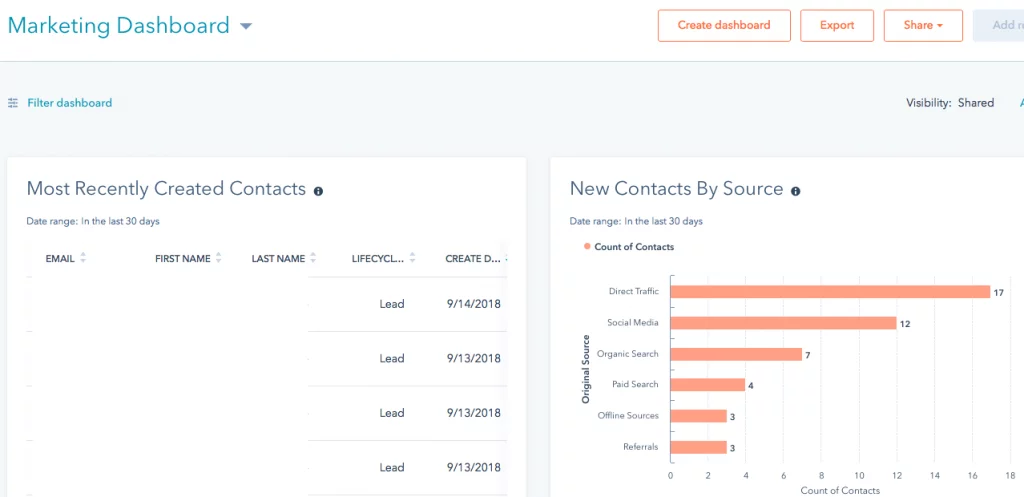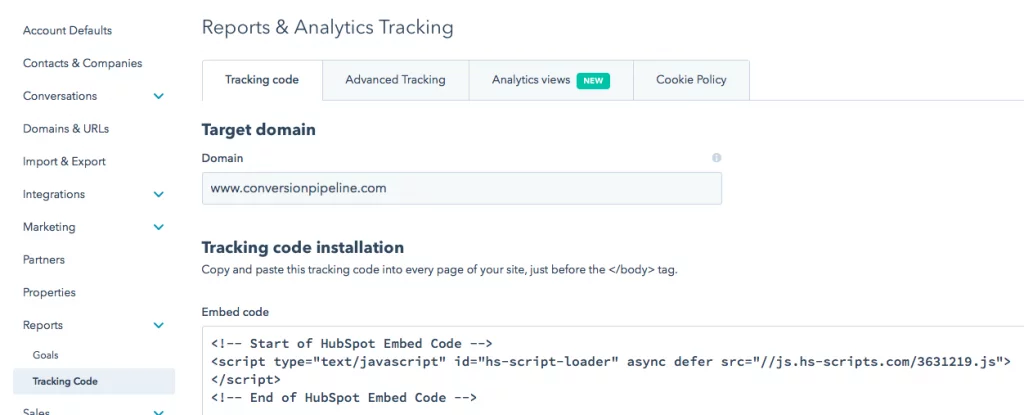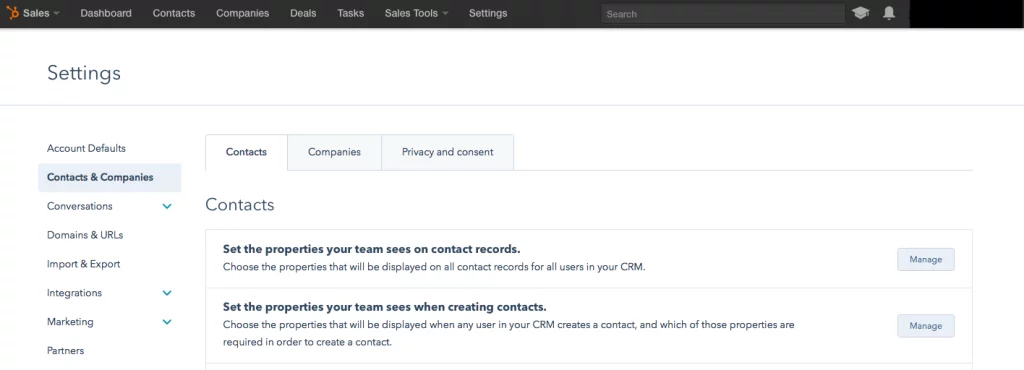



Your HubSpot Implementation Plan
Implementing HubSpot can be an extremely time consuming and complex process. It’s important to learn all that you can before attempting to launch this powerful marketing automation platform.
Prior to implementation, you will need to identify resources, determine goals and objectives, and allocate responsibilities. It’s important that your entire staff is on board as continuous project management and open communication are crucial to success.
There are a few things that must be sorted out before HubSpot implementation. While some of these are simple to complete, others are more complex and will require a more technical approach. Prior to implementation, your company will need to consider the following:
The more technical aspects that must be considered prior to implementation include:

Implementing HubSpot will change the way your business handles many of your current processes. While change can be scary, this powerful marketing platform can improve your processes and provide you with the tools needed for revenue growth and success.
Create an Implementation Plan
Creating a timeline implementation plan can help your company set realistic goals and visualize your implementation project from start to finish. However, it’s important not to include too many details in this plan. Instead, build the general framework and add the individual details as you go.
Set Goals
Now is the time to set your Key Performance Indicators (KPIs). Consider what you’d like to achieve. This might include increasing website traffic, improving conversion rates, or generating more leads in general. In order to properly track performance in these areas, you need to set realistic goals. Without these goals, you will not be able to accurately monitor how successful your marketing efforts are. Companies also need to consider the alignment of conversion goals so that HubSpot and Google Analytics are in synch, especially if you are running paid advertising campaigns.
Keyword Research
Once you’ve determined your goals, it’s time to begin your keyword research. These are the words or phases related to your business or the services you offer. The right keywords can help your business improve your search engine ranking. This increases the chance that people will find your website. In order to be effective, keyword research should be ongoing and extensive.
It’s important to avoid highly competitive keywords. Instead, focus on three to four word phrases initially that are specific to your business or a service or solution you offer.
Cluster Topics
Even though keywords are important, the search engines are constantly changing to ensure that they provide users with only the most relevant content. Instead of simply relying on keywords, the search engines now look at multiple factors including user location, proximity, search history, type of device being used to access the Internet, website load time, and more. As a result, businesses have to change the way that content is created. The search engines now favor topics as opposed to keywords.
Using a topic cluster approach can improve search engine ranking and the chance that visitors will find your website. Essentially, a business would create one exceptionally long blog post on a particular topic and all of the components around it. They would then create several other pages exploring each individual component of this topic. These pages would be linked back to the original blog post.
This approach significantly improves the chance that your website will appear in the search engines when the topic is searched.
Implementing Your CRM
A Customer Relationship Management (CRM) platform is used to manage all of your company’s interactions with customers and potential customers. A CRM helps improve customer experience and allows companies to remain connected to their clients. In order to properly implement HubSpot, it must be integrated with your company’s existing CRM.

Creating an Effective Content Strategy
Consumers today have instant access to a wealth of information through blogs and other content. Unfortunately, much of this content is irrelevant or overly promotional. With the amount of advertising occurring online, the last thing potential customers want to read is an overly long article about why they should choose your company.
In order to attract potential customers and keep existing customers engaged, you need to provide them with educational, relevant, well-written content that is interesting and easy to read.
Without proper planning, your content will not be effective at reaching your target audience. An effective content strategy is crucial to the overall success of your content marketing.
The following steps are necessary when developing an effective content strategy:
Identify Your Marketing Channels
Marketing channels can vary widely across different audiences. For example, older audiences likely won’t be using social media to learn about your business. This is why it’s so important to identify the marketing channels that will reach your intended audience.
Research how your target audience is spending their time. This will help you figure out which areas you should focus your attention. Keep in mind, that not all channels will be right for your business. Having a clear understanding of your audience and your marketing goals will make it possible for you to refine your approach.
We Can Help!
We understand that implementing HubSpot can be difficult. This is especially true for business owners that must focus on multiple areas of their business. Conversion Pipeline offers HubSpot audit and review for businesses wanting to know exactly how HubSpot can benefit their business.
If your company has already implemented HubSpot but is not seeing a return on investment (ROI), we can help you learn how to properly utilize all tools to maximize efficiency and increase qualified inbound leads.
Conversion Pipeline is a full service inbound marketing and digital agency, offering comprehensive marketing solutions for organizations across a wide range of industries. We are proud to be a Certified HubSpot Partner & Google Premier Partner, delivering customized digital marketing & automation solutions.
Schedule a HubSpot Implementation Consultation


In today’s AI-driven, voice-first, intent-focused search environment, even a few missteps can derail your online visibility. At Conversion Pipeline—Virginia’s trusted...

A little bit over a year ago, March 2024 to be exact, Google renamed “conversions” to “key events” in Google Analytics 4 (GA4) to address confusion from mismatched conversion reporting between GA4 and Google Ads. Google stated that the change aims to standardize terminology and improve clarity across platforms...

In 2011, we wrote a blog post declaring “Content is Still King” when it comes to SEO—and in 2025, that statement is more accurate than ever. While SEO has evolved with new algorithms, AI tools, and user behaviors, one truth remains: properly optimized, high-quality content is still at the heart of a successful digital marketing strategy.













